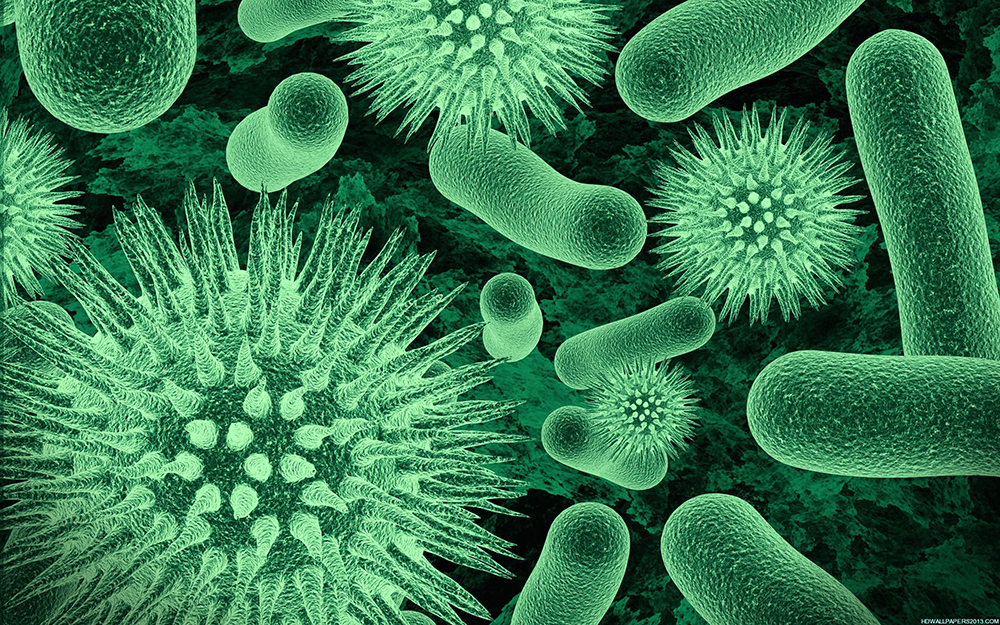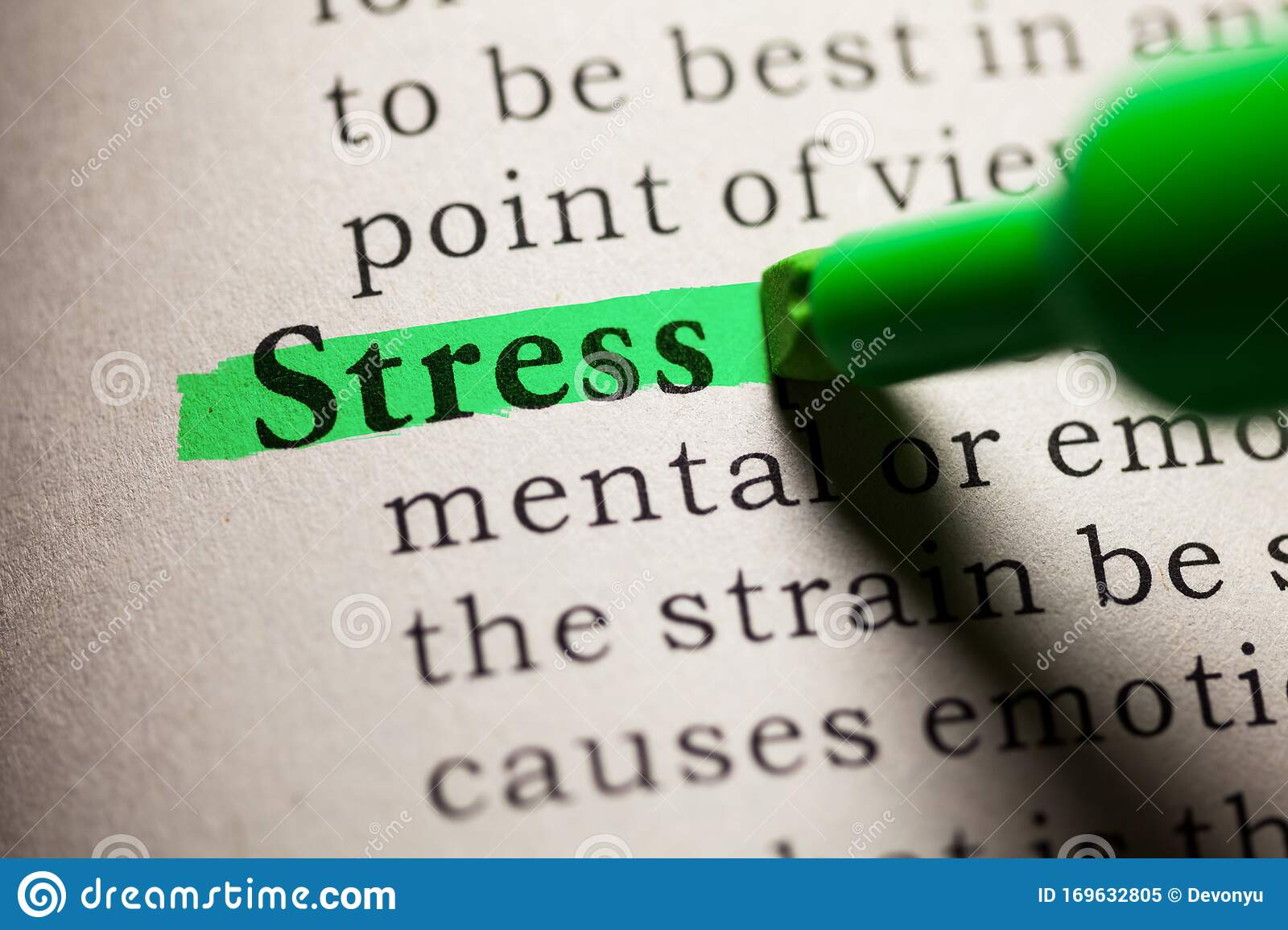
These proven tips will help women stay healthy. These include regular medical checkups, healthy eating, and exercising. HealthifyMe has compiled 12 health tips for women that will help them stay healthy and live longer. These tips are based on personal experience and information you can use to improve your overall health. We hope you will find these health tips helpful. Continue reading for more information. You may find them useful, too.
Exercise
Regular exercise is good for women because it reduces stress and improves overall health. Women are often too busy with the demands of paid work, child rearing, and household duties to find the time to exercise. Even a ten-minute exercise session can have the same benefits for your health as a longer one. Even if you don’t have time to exercise for 30 minutes, you can still do home-based activities.
Healthy eating
A healthy diet for women includes a variety nutritious foods, such as plenty of fruits, vegetables, low-fat milk products, and lean meats. Women should focus on eating a variety of different types of vegetables and fruit, while avoiding highly processed foods. Women should choose lean cuts such as chicken and beef when choosing protein sources. These meats contain significant amounts of high-quality protein. Women will need to consume different levels of protein at different stages in their lives.

Stress management
Many health professionals recommend a combination of healthy lifestyle practices and stress management techniques for women. Healthy eating, regular exercise, positive attitudes, quitting smoking and drinking too much coffee are just a few of the many things that health professionals recommend for women. Talk to your doctor to discuss a personal stress management program if stress is a problem. It is important to take care of yourself on all levels. Stress can cause many problems in your body and mind. Reduce stress if you feel overwhelmed.
Regular medical screenings
While many diseases can be prevented with regular medical screenings for women, some women should begin earlier than others. Over 30 percent of American adults have high cholesterol. This puts them at higher risk for stroke and heart disease. If you have a family history of this condition, it is important that your doctor be informed. High blood pressure, commonly referred to as "the silent killer", is another health risk.
Maintaining a healthy weight
A woman's weight management is vital for her health and well being. To maintain a healthy weight, a healthy diet and enough exercise are key factors. An excess of weight can lead to negative health effects in almost every area of the body, including mood, reproductive, respiratory, cognition, cognition, and cognition. Overweight and obesity raises a woman's risk for a variety of conditions, including heart disease, diabetes, and POS.

Getting enough sleep
You need to get enough sleep for your physical and mental health. Adults need between seven and eight hours of sleep each night. Only one third of Americans get this amount. Although both men and women have similar sleep problems, the majority of women suffer from more. Inadequate sleep also has more emotional and physical consequences on women than it does on men. National Women's Health Week takes place May 10-16. Women need to get enough sleep, which should be considered one of their top health tips.
FAQ
What are the causes of mental health problems among adolescents?
Adolescence marks a period in which we begin to develop our identities. We begin to figure out who we are as individuals and where we fit into society.
It is also a time where we can make new friendships as well as romantic relationships. These experiences can cause stress.
While stress is normal, you should seek out help if your stress levels are higher than usual.
Although you might believe you are capable of handling things on your own, sometimes you need to talk to someone else.
Your friends and family members can provide support during times of stress. You may find them able to offer support and help you deal with stress.
You could try meditation or exercise. Both can help with stress reduction.
You could also join a church or sports team. You'll make new friends and meet new people.
How can I improve my mental wellbeing?
It is vital to maintain mental health, especially for those who are stressed from school, work, and family. You can improve your mental health by exercising regularly, eating healthy foods, sleeping well, and spending quality time with family members. Exercise releases endorphins, which can make us happier. Good nutrition is essential for a healthy body. Being well-rested gives us energy to get through the day. And finally, spending quality time with loved ones improves our relationships and reduces stress.
How can I prevent my mental health problems from happening?
It's not always easy to prevent mental illness. These are some tips to remember:
-
Don't drink alcohol. You can have a negative effect on your mood and increase your chance of getting depressed.
-
Avoid using drugs. Avoid using drugs.
-
Sleep enough. Depriving yourself of sleep can lead to anxiety and depression.
-
Exercise regularly. Exercise releases endorphins which can make you happy.
-
Consume healthy food. Eating junk food can make you feel sluggish and unhappy.
-
Spend quality time spending it with loved ones. It can be a great way to improve your mood.
-
Have fun! Have fun!
-
You should take breaks from social media. Social media sites can make you feel lonely and isolated.
-
Be kind to your self. Treat yourself nicely, even if you aren't feeling great.
-
Ask for help. If you're having trouble coping, then ask for help. Talking with a friend or family member is a great way to get help.
-
Remember, it's OK to cry. Crying helps to relieve tension and stress. It does not necessarily mean that something is wrong.
-
Keep busy. Do something that you love.
-
You should practice good hygiene. You can feel unattractive and unkempt if you don't maintain good hygiene.
-
Keep connected. Staying connected will help you stay positive.
-
Learn how to relax. Meditation and yoga can be helpful in reducing stress.
-
Find meaning in what your do. You can find fulfillment in your hobbies and work by finding meaning.
-
Be present in the moment. If you can focus on the moment, you will not worry as much about the future.
-
Set goals. Goal setting can help you be motivated to reach your goals.
-
Do something nice for you. You can improve your self-esteem by doing something nice for you.
-
Practice gratitude. Gratitude can help to appreciate all the blessings in your life.
-
Volunteer. Volunteering can be a fun way to make a difference and spend your time.
-
Give back. Giving back can help you feel fulfilled.
-
Be aware of warning signs. If you notice any changes in your behavior, don't hesitate to reach out for help.
Why is it essential to improve emotional health?
Emotional health is essential for happiness and well-being. You won't be able perform at your best if you aren't emotionally healthy. People with depression are often unable to work efficiently. They may also experience anxiety, panic attacks, insomnia, and other symptoms. These conditions can be successfully managed with medication and therapy.
If I feel depressed, is there anything wrong?
Depression is a common problem among teens. It is important to recognize that depression affects many teens.
This doesn't necessarily mean you're weak or insane. Most people who feel depressed don’t realize it. Depression is a medical condition.
There are different kinds of depression. Some people feel only sadness. Others experience other emotions. There are different degrees of severity.
Some people are mildly depressed while others experience severe depression. Depression is not always bad. Sometimes, depression can be helpful in coping with stressful situations.
However, you should see a doctor if you notice that you're constantly sad, tired, or unmotivated. Your doctor can diagnose you, and help you decide whether treatment is necessary.
How does mental well-being affect daily life?
Everybody experiences mental illness at some time in their lives. There is one major difference between people with mental illness and those without it: they don't seek out help. Talk to someone if you feel something is not right. There are many methods to manage anxiety, depression, and stress. These include medication, therapy or exercise.
Statistics
- In any given year, an estimated 18.1% (43.6 million) of U.S. adults ages 18 years or older suffered from any mental illness, and 4.2% (9.8 million) (healthypeople.gov)
- It means no drinking any alcoholic beverages and no taking any drugs that aren't 100% natural.
- More than 50% will be diagnosed with a mental illness or disorder at some point in their lifetime.3 (cdc.gov)
- Similarly, for positive mental health, there is likely to be substantial agreement about some typical components (e.g., resilience to stress) 6, and controversy about more atypical components (e.g., career consolidation). (ncbi.nlm.nih.gov)
- More than 40 million adults in the United States have an anxiety disorder, but less than 37% of people seek mental health treatment for their symptoms. (talkspace.com)
External Links
How To
How To Determine If One Needs To Ask For Help From A Mental Health Expert
You should look out for signs that indicate that you might need professional assistance to determine if your problem needs to be addressed. If you notice any warning signs, it's best to consult a doctor.
-
You feel lost in your own head.
-
You've been having trouble sleeping.
-
Concentrating can cause your thoughts to race.
-
You begin to consider suicide.
-
You feel helpless.
-
It's as if life is too hard.
-
You're losing interest in the things that you once loved.
-
You've stopped eating.
-
You have been removed.
-
You've tried using alcohol or drugs to deal with stress.
-
You are losing friends or family.
-
You may have also experienced headaches, stomachaches or backaches, and chest pains.
These signs are important indicators that you need to seek medical attention immediately.